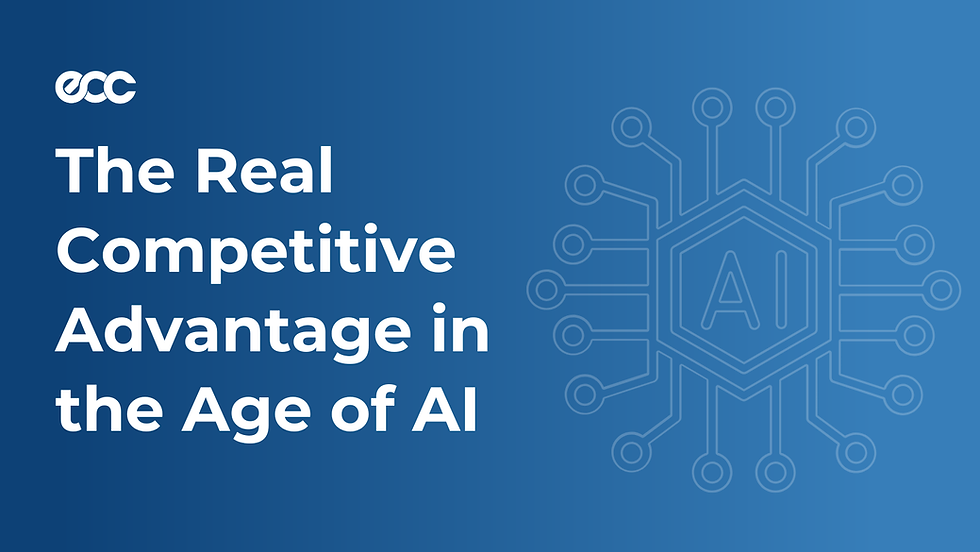The new paradigm to transform
- Jun 3, 2020
- 2 min read
Transforming your business digitally means permanently modifying your business’ DNA by embracing tech-enabled change. It requires new mindsets and behaviours. Without these “inner” shifts, the “external” implementation of new structures, systems, processes or technology do not produce their intended ROI. 70% of the Digital Transformation Programs fail around the world, according to a McKinsey research report. Transforming your business to be purposeful requires even more.
COVID-19 Catalyst to Digital Transformation
Despite all the spending in technology or their digital transformation programs, businesses were not creating the impact or value. Problem was their failure to address a huge underlying obstacle: the day-to-day routines and rituals that stifle innovation. Companies would have CX workshop or a Design Thinking workshop conducted which would tick all the basic check boxes of a successful workshop and would remain as the sticky notes. The problem would be the execution of the innovative prototype as the anti-bodies of the organizations would be the barrier to innovation. What COVID-19 has done is it has shaken and transformed all levels of the organizations rapidly which is why we are now witnessing some truly successful digital transformation initiatives. The thing different this time is urgency, shared vision and alignment across the entire organization. Employees are rallying together, empowered, taking concerted efforts to transform themselves rather than silos or pockets of the organization innovating. Every employee understands that the crisis affects everyone in one way or the other be it contracting the virus or having their jobs compromised. The leadership or the C-Suite understands the importance of pivoting and transformation to stay relevant and purposeful.
What’s next? From Digital Transformation to Purpose Transformation
As discussed in my recent Customer Manifesto people are becoming increasingly conscious of the environment and pursuit of greater meaning in their lives, businesses would need to embark on purpose transformation, not just digital transformation. As people’s focus moves from “me” to “we”, design will need to shift from user-cantered design to life cantered design that is not just for a user but for all life (planet). Moving away from profit & financial metrics to purpose measures is a once-in-a-lifetime chance to innovate in business models, services and products around new definitions of value and improve the human experience. The Blackrock Group CEO Larry Fink’s letter to shareholders “Ultimately, purpose is the engine of long-term profitability. (BlackRock is one of the world’s largest investors in coal, oil and gas, as well as deforestation. It plans to dump coal stocks would be one of the largest divestments ever) Pepsi under Indra Nooyi (former Chairman & CEO) decided to lower sugar content, salt and fat in Pepsi products. Not just that but she restructured the entire brand portfolio. She started buying healthy brands like Quaker Oats (maker of oatmeal and Gatorade). She was the first person to truly acknowledge that companies needed to change. Due to her, Pepsi now has three food categories: Good For You includes the healthiest stuff, Better For You includes diet drinks and lower-calorie snacks, and Fun For You includes traditional junk food. Imagination, purposeful leadership and agile execution will be crucial to navigate the post-COVID-19 digitally transformed environment.




Comments